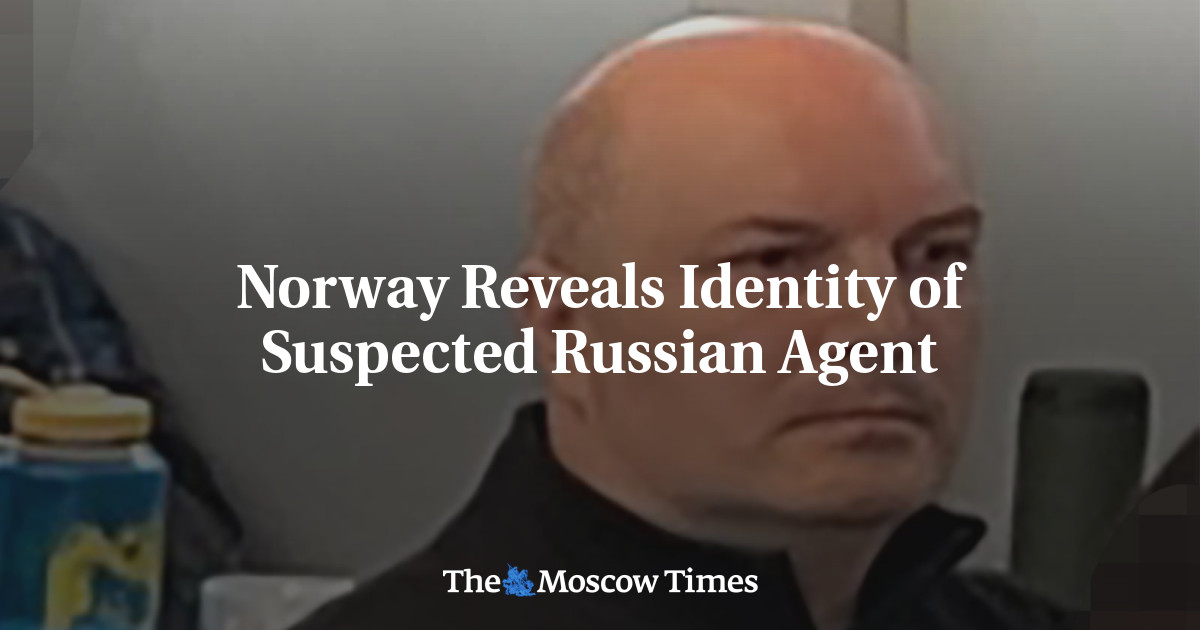
Norway’s counter-intelligence service (PST) on Friday revealed what it said was the true identity of a Russian spy posing as a Brazilian researcher.
The PST named the suspect as Mikhail Mikushin, a Russian born in 1978, who they said had been passing himself off as a 37-year-old Brazilian named Jose Assis Giammaria.
Mikushin is a senior Russian military intelligence officer, according to a researcher at the investigative website Bellingcat.
“Great job, Norway, you’ve caught yourself a colonel from the GRU (Russia’s military intelligence agency),” Bellingcat researcher Christo Grozev tweeted.
Photos of the suspect were published in several Norwegian media.
He denies the accusations against him, but an Oslo court on Friday remanded him in custody for four weeks, the first two in total isolation to prevent evidence from disappearing.
The suspect was first detained on Monday morning as he was making his way to his job at Tromso university, in northern Norway.
He was initially placed in detention for violation of immigration laws, with a view to deportation.
However the investigation was swiftly extended to cover suspicions of “illegal espionage against state secrets of such a nature as to harm the fundamental interests of the nation,” punishable in Norway by up to three years in prison.
‘Spy mania’
The PST says the alleged spy was working on Norway’s Arctic policy and “hybrid” threats.
Norway shares a 198-kilometer (123-mile) border with Russia in the north.
Following the announcement of his arrest, Russia’s embassy in Oslo on Tuesday criticized what it called Norway’s “spy mania.”
In an email to AFP on Wednesday, the Russian embassy in Oslo said it did not know “who or what this is about.
“In general, spy mania has been actively promoted in Norway lately,” the statement added.
In addition to the suspected spy, Norway has in recent weeks arrested nine Russian nationals.
They are accused of flying drones in its airspace in violation of a ban introduced since the war in Ukraine, or having photographed sensitive sites in restricted areas.
Russian fishing trawlers, still allowed to dock in some Norwegian ports despite an EU ban, and research vessels have also drawn suspicion in Norway.
Norway, which has overtaken Russia as Europe’s biggest supplier of natural gas since the war in Ukraine, has beefed up security at strategic sites.
That step was taken after mysterious drones were observed near some oil and gas installations following the suspected sabotage of Nord Stream’s two Baltic Sea pipelines.